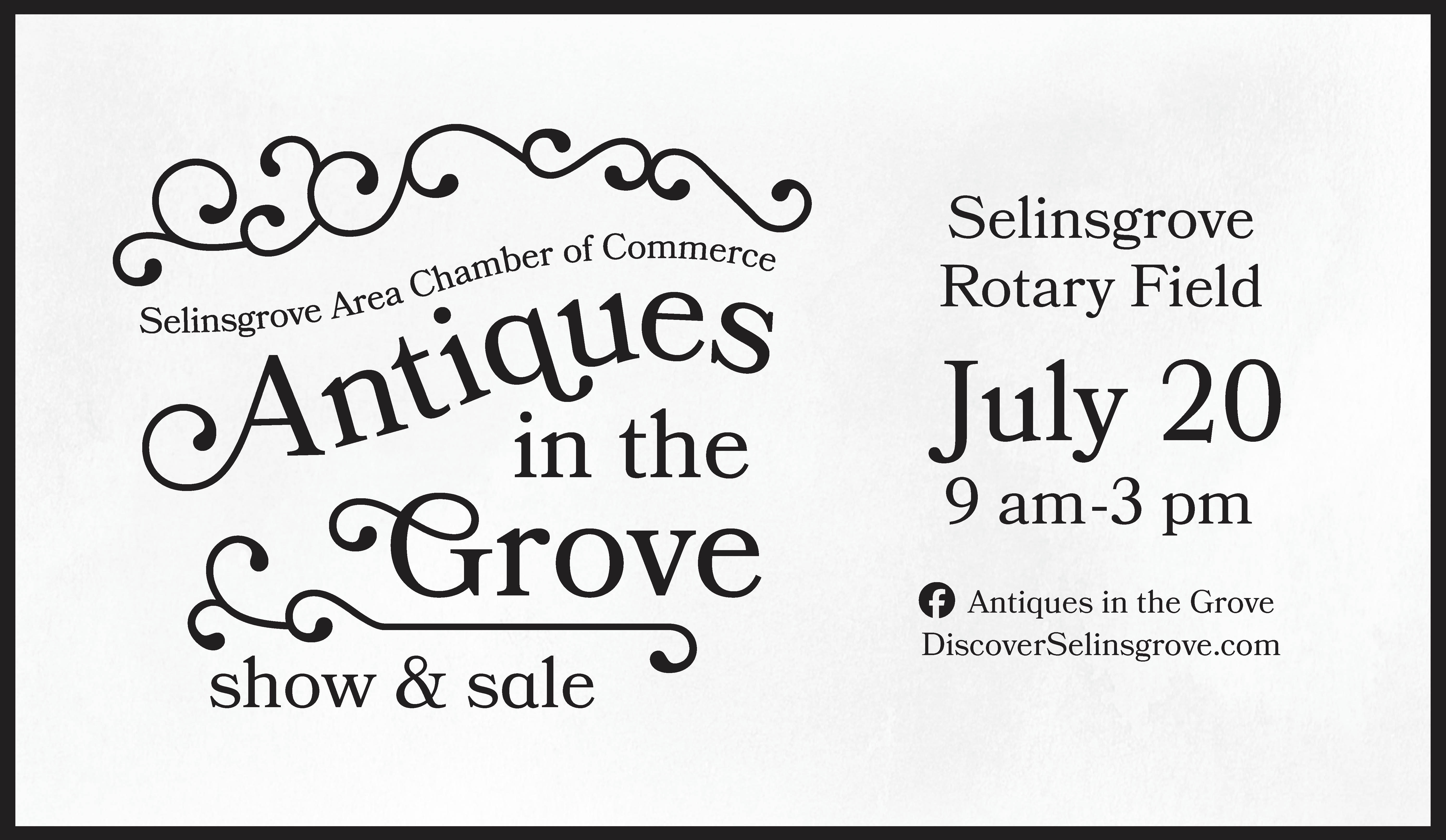The term wireless is a cultural convention these days; but if you’re British, it can mean something very different. Ditto with boot, flat, hoarding, lift and takeaway.
Last week in Weird Words, we covered some of those “Britishisms” for the Fourth of July; that was our way of recalling that American independence extends to language as well as politics.
But I’d collected nearly 40 such terms and, shall we say, I couldn’t cover ’em all straight away.
Here are the rest:
Lift – Elevator — for obvious reasons.
Loo – Toilet. There’s considerable disagreement over where this came from — perhaps one of two French terms (l’eau is a type of water, though it’s pronounced like “low”). In American English, loo is a card game.
Lorry – Truck. Originally a railroad word, it dates back to 1838 — and perhaps even farther, with lurry a 16th-century verb for “pull.”
Maths – Mathematics. Now don’t look so quizzical; our longer word seems plural but is actually singular — so why not the shorter one too?
Nappy – Diaper — from napkin. This odd term results in a favorite friend’s anecdote: She was visiting a young Irish family and, after a hefty afternoon yawn, declared in typical American phraseology, “I need a nappy-poo.” Somewhat understandably, this assertion was greeted with surprise, alarm and eventually an across-the-pond vocab lesson.
Peckish – Hungry. Forever associated in my mind with the wonderful “Wallace & Gromit” shorts, this does indeed come from the way birds eat.
Petrol – Gasoline; pronounced PEH-trull. It seems to be a clip (lopping off one or two syllables, like gas and auto); the longer word, describing a substance found in the ground, is related to petrify; it literally means “rock oil.”
Plaster – A bandage for wounds — usually medicated (Collins). Unlike our more common usage, it can be plural: “Bring some plasters, mate!”
Pram – Baby stroller. Short for perambulator, which employs the root amb(u)l — meaning “walk, go” (as in amble, preamble and even ambulance). Familiar in part from Monty Python and the Holy Grail, where a lyric about “pushing the pram a lot” is rhymed with a certain Arthurian kingdom.
Proper – Tough to define or even use this unless you’re actually from Great Britain. The suitably British Collins calls it an “intensifier” — like real or genuine: “I felt a proper fool”; or, “He got a proper scolding.”
Sack – To fire from a job. We think of this as a noun with various meanings — including “bed” (!); but the verb likely relates to its principal sense: a dismissed employee might go off with his goods in a sack (Online Etymology Dictionary).
Snog – To kiss and cuddle. Popularized in Louise Rennison’s uproarious books about boy-crazy British teen Georgia Nicholson; the first in that breezy series was Angus, Thongs and Full-Frontal Snogging (though her third entry, Knocked Out by My Nunga-Nungas, remains one of my all-time favorite book titles).
Spotted dick – Again from Collins: “A steamed or boiled suet pudding containing dried fruit” (i.e., “spots”). The less said about this, the better. No American wants to try it, that’s for sure.
Straight away – Immediately; at once. Can be one word — or even just straightway.
Swot – To study hard. Probably related to sweat.
Takeaway – British term for take-out food.
Torch – Flashlight — again, for obvious reasons.
Twee – Defined long ago in Weird Words’ second installment, this means “affectedly dainty or quaint.” For instance: “That nursery song is a trifle twee.” Possibly derived from a childish pronunciation of “sweet” (Dictionary.com).
Wazzock – A foolish or annoying person; pronounced WA-zuck (with the a-sound of Dad). A rare word — not found in either Merriam-Webster or American Heritage; even Dictionary.com has to borrow its definition from Collins.
Wireless – Radio. Originating with Marconi’s telegraph, it refers to the transmission of sound through air alone.
Wonky –While the more American sense of wonk means someone expert in a specialized field (“an internet wonk”), in Britain it generally denotes something “shaky, unsteady, wrong, askew”: “Don’t sit on that chair — it’s a little wonky!”
Once again, this last definition relies heavily on Collins, a distinguished and strictly British product that dates back to 1874.
So if you want a proper swotting for overseas English — hit that book straightway.



